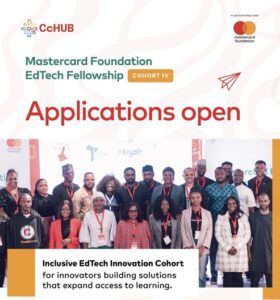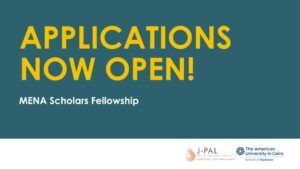APTI is implemented by the African Academy of Sciences (AAS) in partnership with the U.S. National Institutes of Health (NIH) and the Bill & Melinda Gates Foundation (BMGF). Through the program, APTI Fellows are trained and supported to become scientific leaders who can advocate for increased research and innovation projects in Africa. This is done through 4-year postdoctoral fellowships where APTI Fellows are placed in various laboratories of the NIH Institutes or Centers (i.e., Intramural Research Program) for 2 years before returning to their home institutions in Africa for another 2 years of research.
APTI fellows are expected to be a part of an African regional and global web of collaborations connecting to their home institutions. Moreover, the APTI fellows will be linked to existing African and global scientific networks and will be expected to nurture these scientific collaborations and relationships. Currently, the APTI program has two active cohorts. The current call for applications will recruit about 10 fellows to form the 3rd cohort of APTI fellowships.
Eligibility Requirements
Eligible applications for APTI fellowships must meet the following criteria:
- Must be citizens of an African country, currently employed in an academic, research, or government position in an African country
- Must have a relevant doctoral degree (e.g., PhD, MD, MBBS) awarded no more than 7 years before the application submission deadline. Applicants whose doctoral degrees were awarded earlier may be considered on a case-by-case basis subject to justification (e.g., where one took a career break for family-related reasons or to seek asylum due to political instability). Such applicants should submit a request (with justification) for consideration
- Must have less than 5 years of relevant research experience after the award of their doctoral degree, by their start date at the NIH. Brief periods of clinical work and/or teaching, that does not include research, may be allowable, but cannot exceed 2-3 years total.
- Must be fluent in English – reading, writing, speaking, and listening.
Benefits
Years 1 and 2
- During the first two years of the fellowship at the NIH, APTI fellows shall be engaged as a Postdoctoral Fellow under the NIH Intramural Visiting Fellow Program (VFP) as detailed in https://policymanual.nih.gov/2300-320-3
- Stipend support will follow NIH guidelines based on experience, outlined in https://www.training.nih.gov/postdoctoral_irta_stipend_ranges[1]
- Insurance will be provided to the fellow and dependents that are living in the US https://faes.org/content/health-insurance-services
- Training support will include Leadership, Management, Mentoring, Grant Writing, Resilience and Wellness workshops and courses through the Office of Intramural Training and Education (OITE). Additional information is available at the website https://www.training.nih.gov/trainees/postdocs
Years 3 and 4
- After successfully completing the two-year postdoctoral fellowship at the NIH, the APTI fellows shall be supported to transition into being independent researchers as follows. APTI fellows shall be provided with a grant[2] of up to USD 226,800 to support years 3 and 4 of the APTI fellowship as detailed below:
- Salary support of up-to USD 38,400 per year subject to the home institution’s HR provisions. The salary support is aimed at ensuring that APTI fellows spend at least 50% of their personnel time on their APTI fellowship
- Research support of up to USD 50,000 per year
- Equipment purchase support of up to USD 50,000 (total)
Method of Application
- Read the call documents carefully
- Ensure that you meet the eligibility criteria for APTI grants and if the call is suitable for you
- Identify the host institution and work closely with them when writing your proposal, to ensure that your host institution can provide you with the support you will need to implement your research project. Allow time for other people to review your draft. Your former supervisor, peers, and other scientists can all give you helpful support and feedback
- Familiarize yourself with the African Academy of Sciences’ Ishango grant management system and other useful resources.
- For help, refer to the FAQ document provided on the APTI webpage. You may also contact the APTI team via email at apti@aasciences.africa
- Only one submission per applicant is allowed
- No application submission shall be allowed after the deadline. You may save and update your draft submission from time to time. However once submitted, proposals cannot be edited
- On successful submission of your proposal, you will receive an ‘acknowledgment of receipt’ e-mail. If you do not receive the acknowledgment receipt email, please double-check if your proposal has been submitted and contact the APTI team BEFORE the submission deadline
- After the submission of your application, your proposal shall be checked to determine its completeness and eligibility with reference to the Call requirements. Qualifying applications shall be subjected to an expert review process to shortlist application for further consideration
- Eligible proposals will be further reviewed by the NIH and BMGF. A subset of applicants will be contacted to schedule a virtual interview
- Successful applicants will be matched with an appropriate NIH intramural laboratory
For More Information:

